Bhinda Swari Shah: Doing non-easy things was my norm

Quick facts
Born on 13 Feb 1933 in Kurseong (father exiled in India by the Ranas)
Went to St. Helens Secondary School, Kurseong
Graduate in liberal arts from Barnard College, Columbia University
Post-Grad in international relations from Johns Hopkins University (Was the first Nepali woman to pursue Bachelor’s and Master’s degree in the US)
Served as Nepal’s India envoy from 1988-89 (Was Nepal’s first women ambassador)
Wife of Dr Narayan Keshary Shah
Mother to Anil Keshary Shah and Ujjwal Keshary Shah

In 1951, while I was in school, I entered an essay competition called “The World of Tomorrow.” The prize was a month-long trip to the US. I won, and the journey started. I later applied to Barnard College, Columbia University and was accepted on full scholarship.
In the 1950s, for a girl from Nepal to go to school was a rarity. So, it was absolutely unheard-of for a girl to go study abroad, forget going halfway across the world to America. The only reason my father allowed me was that he knew what it meant to get an education, that too from America. Truthfully, at the time I didn’t realize I was the first woman from Nepal to get an opportunity to pursue higher education in the US. It felt like a dream—surreal.
I knew I would make the most of every day and each course that I took. From my first day, all I wanted to do was learn—from my classes, from my friends, and from America. Today, when I look back, I realize just how fortunate I was to get that learning experience because that was the foundation on which I built my life.
After finishing my Bachelor’s in liberal arts at Barnard in 1956, I worked as a caretaker of newly born twins of an official at Johns Hopkins University so that I would have a home to stay in and finish my master’s. I then completed my Master’s in international politics from the School of Advanced International Studies, Johns Hopkins University in 1958 and returned to Nepal.
I was a stranger in my own country. My English was perfect, but my spoken Nepali was good at best, and I could barely write Nepali.
At that time, the US government was helping establish the first library in Nepal, the American Library (now Tribhuvan University Central Library). And as I was one of the few people who had ever actually used a library. I was asked to help set it up. When all the work was done, it was jointly inaugurated by the then King Mahendra and the first democratically elected Prime Minister BP Koirala.
I gave them a guided tour of the library, explaining things in the English language and the prime minister asked me my nationality. When I told him my background, he was amazed and insisted that I join the government bureaucracy. With that bit of encouragement, I took the Public Services Commission examination and was selected for the Foreign Ministry. This was the first time PSC exams were conducted in the English language too.
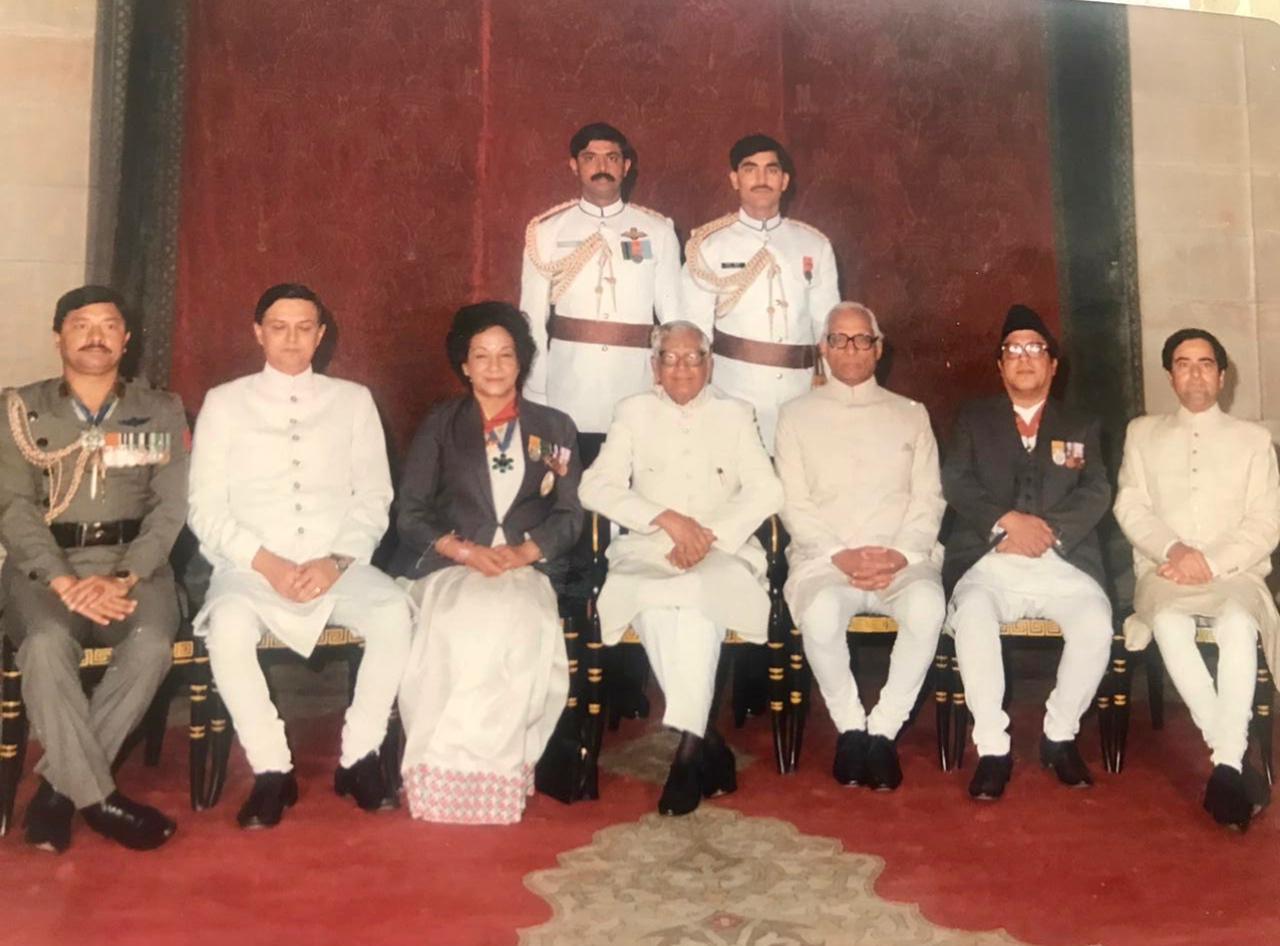 This 1998 photo shows Bhinda Swari Shah (front row, third from left) with the then President of India KR Narayanan (fourth from left) after the presentation of her credentials as Nepal’s Ambassador to India
This 1998 photo shows Bhinda Swari Shah (front row, third from left) with the then President of India KR Narayanan (fourth from left) after the presentation of her credentials as Nepal’s Ambassador to India
The ministry sent me to America as I was familiar with the environment. After completing my tenure there, I was assigned to establish the Nepali embassy in the newly independent Bangladesh. During my time, their president Sheikh Mujibur Rahman was assassinated in 1975. It was difficult to face the coup but the option was not to pack up and run. I faced it and successfully completed by assignment. Then, I was deployed to India as an ambassador amid a diplomatic crisis and turmoil. Again, during my tenure, India placed an economic blockade on Nepal. I faced it and moved on.
Throughout my life, there was not a single easy thing but I kept pushing my limits. Doing non-easy things was my norm. Either for a boy or a girl, there will be hills of hurdles but you have to keep moving forward. Make sure you don’t use the fact that life is hard for you as an excuse and not to do what you want just because you are a woman.
People see my life and say, wow, it’s a fairy tale. But there was a series of struggles and pain in this fairy tale. A working woman was always looked down in society during my days but I never lost my confidence. Today, my family has reached a certain height and everybody accepted us but there were times our relatives’ doors were closed for us due to my inter-caste marriage. I fought against these social challenges because I wanted to be a catalyst for change.
Many didn’t want me to succeed in the foreign ministry but the English language was my asset and they needed me despite their unwillingness. I didn’t get stuck in these barriers and helped everyone who needed me. No matter what portfolio I looked after, every embassy would first come to me.
I realized that my education and exposure made me unique in many ways, and along with my career I would always speak up for gender equality at work and in society. Throughout my life I have believed that it is my duty to be the voice of tens of thousands of Nepali women who didn’t have the opportunity to get the kind of education I received. In addition to being Nepal’s first woman ambassador, I hope this will be as big a part of the legacy I leave behind.
Everyone wants to be a professional but it is not an easy job. Since my marriage, my family never got to live together until we retired. This is a sacrifice professionals have to make to. I could have resigned and lived with my husband as he was an official of the World Health Organization. My children would have a normal family life with their parents together. But we didn’t because professionals are committed to their responsibility and everyone has to understand this.
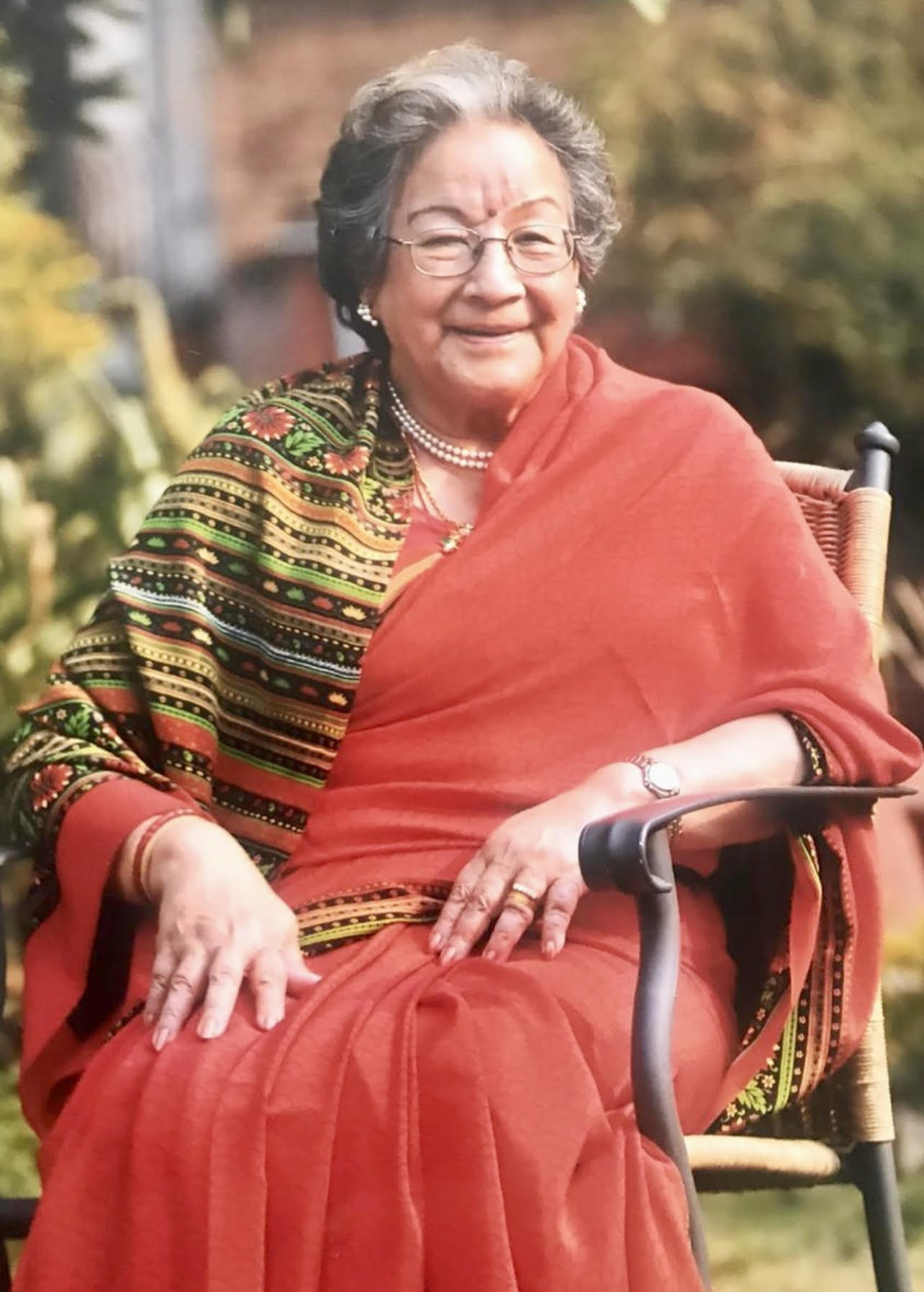
About her
Aarya Shah (Granddaughter)
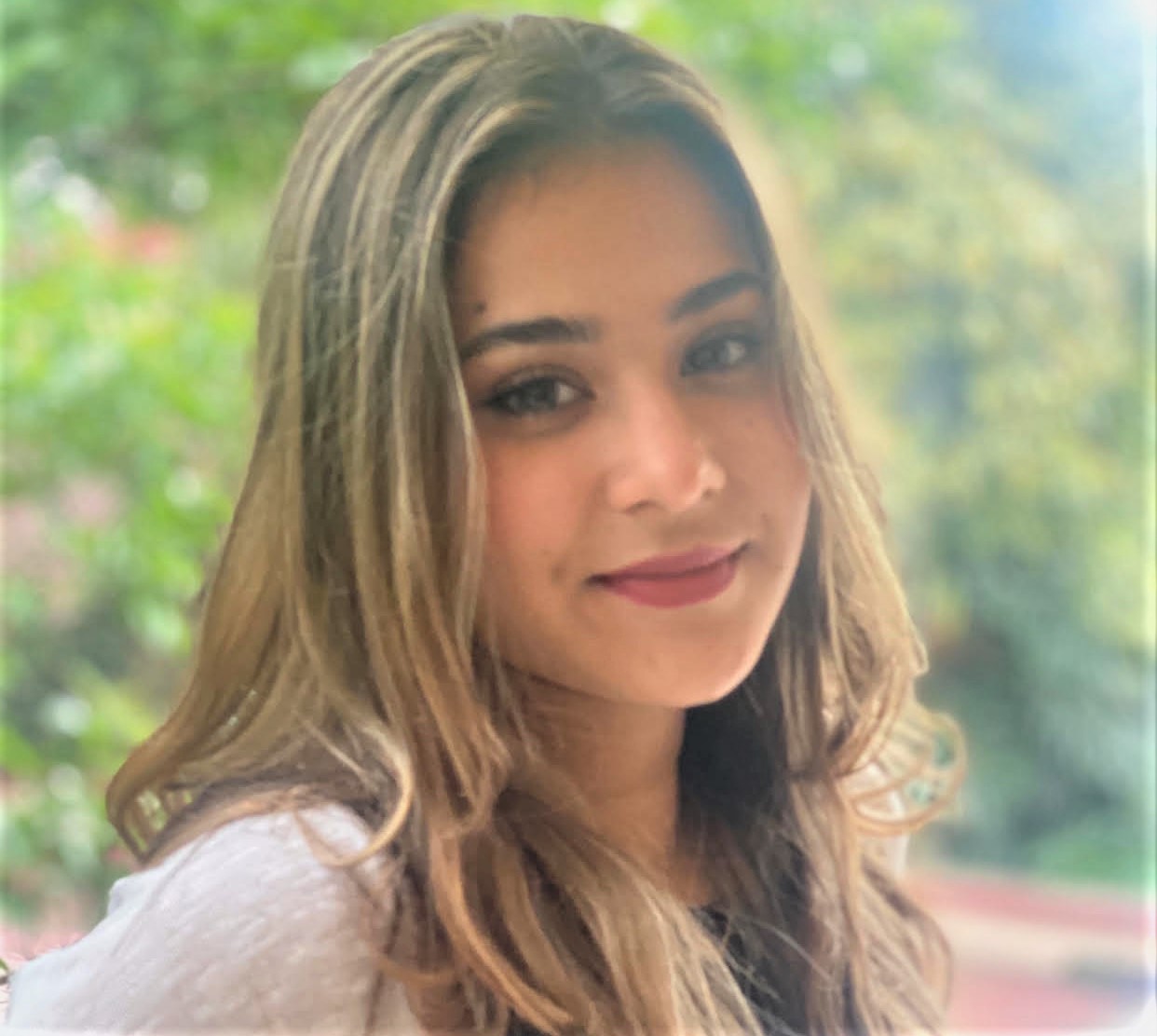
“Don’t follow in my footsteps, start your journey from where my footsteps end.” My grandmother’s words that always ring in my ears. She is undoubtedly my mentor, not just because she is my grandmother, but because she has been a trailblazer for gender equality throughout her life. She not only showers me with unconditional love but fills me with inspiration to be all that I can be. Whenever I doubt if I can do something, I always go back to the memories of my grandmothers’ life and all she overcame to be who she is, and I am filled with the confidence and energy I need to overcome any challenge before me.
Madan Bhattarai (Colleague)
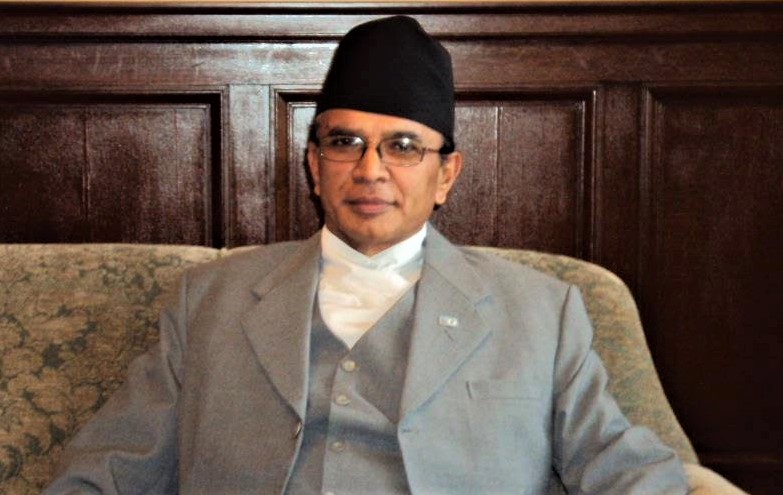
Madam Bhinda is my senior whom I consider my diplomatic mother. She is not only a person but an institution as her expertise on scientific filing, country profiling, diplomatic agenda preparation, drafting of agreements and protocols all set a norm in Nepal. Hence, I must confess that whatever positive things I learned in diplomacy were entirely due to her instructions, which guided me both in the foreign ministry and our mission in New Delhi. (I was her first secretary in Delhi.) At that time, she used to blindly trust me on reports which used to be presented to the King.
Helga Bendix (College Friend)
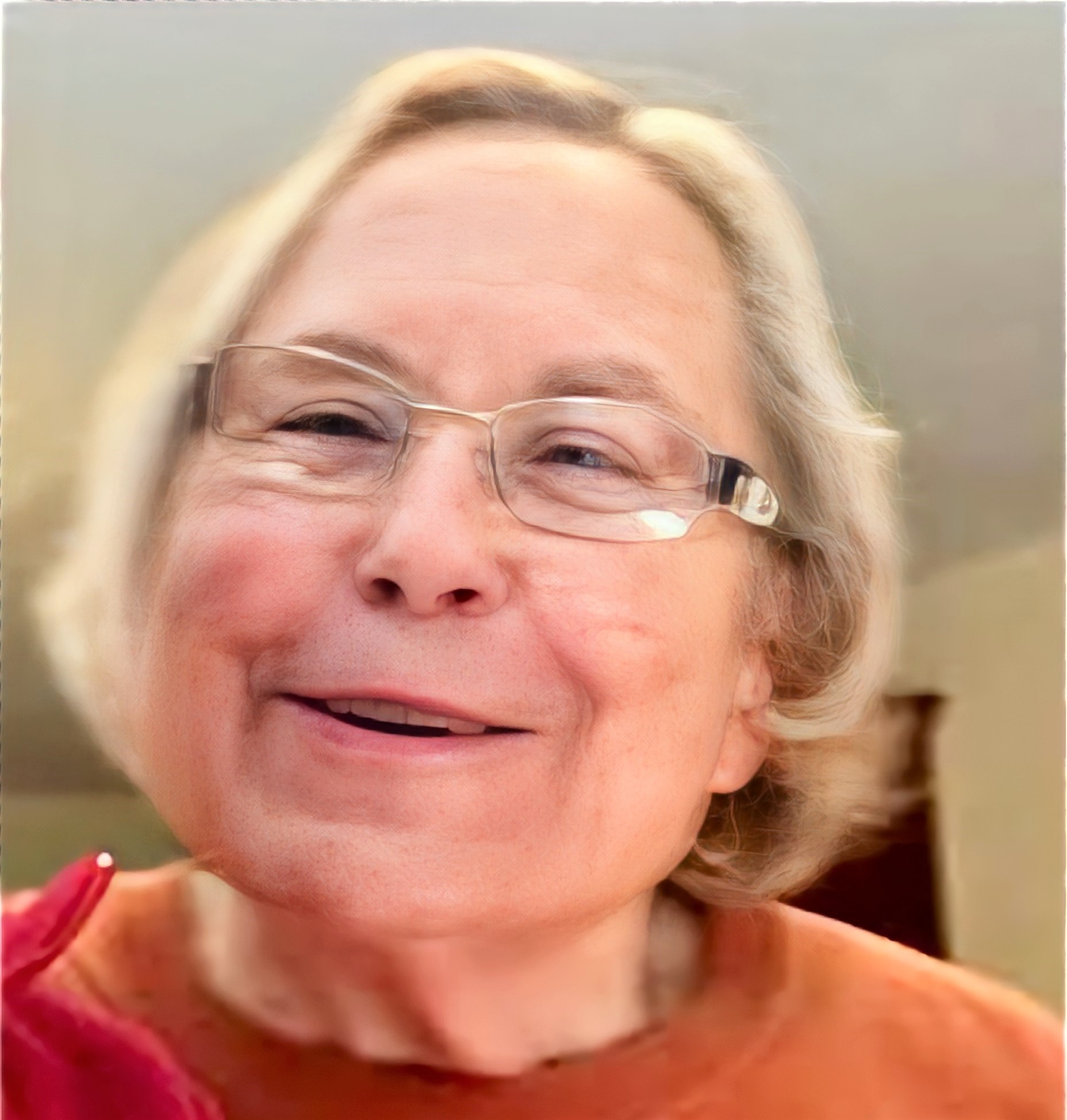
I still remember the first time I met Bhinda in our dorm on the first day at Barnard College in 1952. Little did I know that this girl from a country on the other side of the world would be among my closest life friends. If I had to choose one word to describe Bhinda it would be ‘Brave’. She has lived a life that could be an epic movie in which she is the Hero. We have been friends for 70 years. I traveled to Nepal for her wedding. She became the guardian of my daughter when she was in Nepal as a Peace Corps volunteer. I was a guardian to her sons when they came to the US for their college. As the months turned to years, to decades, to a lifetime we have shared our joys and tears, our highs and lows and through it all, we’ve considered ourselves fortunate that we met that first day of our college.
A shorter version of this profile was published in the print edition of The Annapurna Express on April 28.
related news
Harry Bhandari: An inspiring tale of Nepali immigrant in the US
Sept. 14, 2023, 4:06 p.m.
Baburam Bhattarai: An analysis on Nepal’s underdevelopment
Sept. 4, 2023, 9:36 a.m.
Shyam Goenka: Institutionalizing free press and democracy
Aug. 29, 2023, 7:42 p.m.
Sunil Babu Pant: A guardian of LGBTIQA+ community
March 11, 2023, 10:01 p.m.
Usha Nepal: An inspiration to every working woman
Feb. 25, 2023, 9:42 p.m.
Anupama Khunjeli: A trailblazer banker
Feb. 19, 2023, 12:54 a.m.
Capt Siddartha Jang Gurung: Aviation rescue specialist
Feb. 12, 2023, 1:26 a.m.
Bhuwan Chand: Born to perform
Feb. 4, 2023, 6:36 p.m.




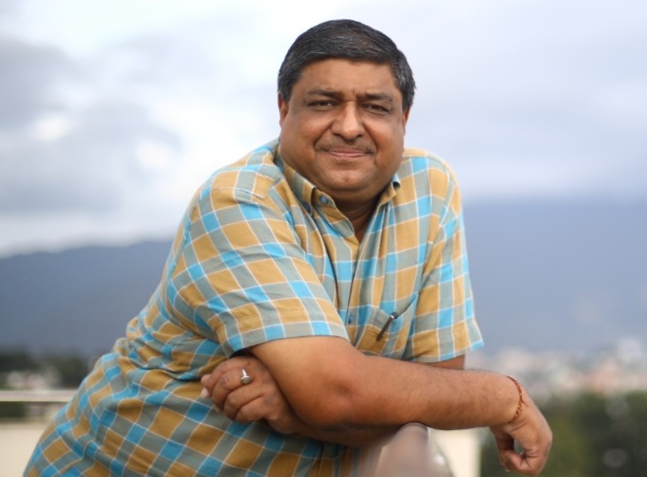





Comments